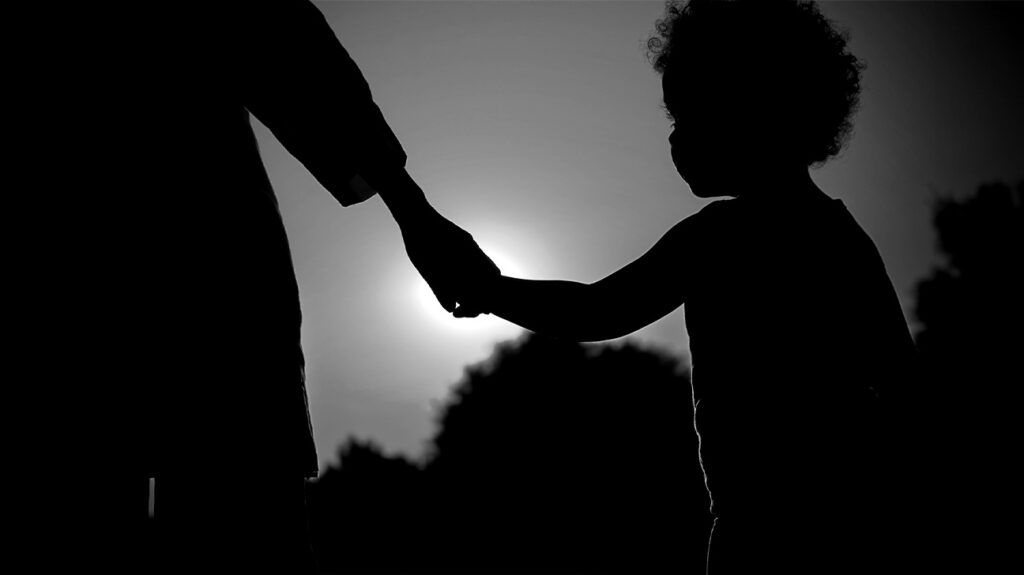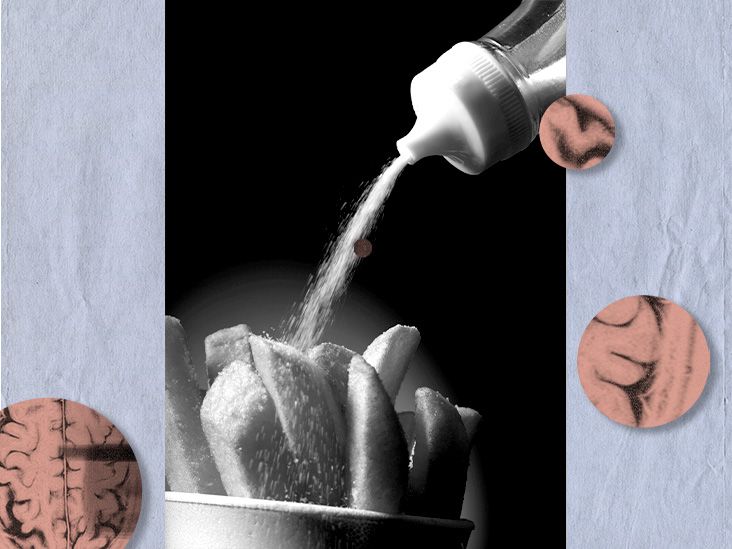There is no evidence that trauma directly causes autism. However, autistic children and adults may be more vulnerable to traumatic experiences, and adversity may increase autistic traits.
Autism occurs due to the way the brain develops and is mostly genetic. According to estimates, genes account for 40% to 80% of a person’s likelihood of being autistic.
However, trauma may affect autistic people in unique ways, and people may confuse one for the other.
In this article, we explore the links between autism and trauma and why they may occur together.

There is no evidence that traumatic events can cause autism in children or adults.
Autism is the result of differences in brain development. It is often present in children from a young age, sometimes as early as 1 or 2 years old.
Some previous studies have found correlations between post-traumatic stress disorder (PTSD) and autistic traits. For example, a
However, this study was retrospective, meaning it used existing data. It did not show that trauma causes autism, only that autistic women often have traumatic experiences.
People cannot develop autism for the first time as adults, whether they have a history of trauma or not. But because the symptoms of PTSD can
Scientists do not fully understand why autism occurs in some people and not others, but there is a strong genetic connection.
Changes in more than 1,000 genes have associations with autism. Many of them play a role in how the brain develops.
Individually, these genes may only have a small effect on a person’s likelihood of being autistic, but cumulatively, they may have a more significant influence. This could explain why autism tends to run in families.
However, not everyone with these genetic differences is autistic. There are some other factors that may play a role, too. These
- older parental age at the time of conception
- parental exposure to air pollution or certain pesticides during pregnancy
- parental diabetes, obesity, or immune system disorders during pregnancy
- extreme preterm birth
- having a very low birth weight
- any birth complication that deprives the baby’s brain of oxygen, or brain hypoxia
These factors alone probably do not cause autism, but they may make autism more likely. There is no link between any vaccine and autism.
Learn more about what causes autism.
Yes, it is possible to mistake PTSD for autism or vice versa. This is especially the case for young children.
PTSD and autism have some shared symptoms. People with either diagnosis may:
- seem nervous or anxious
- not talk much or at all
- avoid certain places or situations
- get very upset by certain stimuli, such as loud noises or touch
- have outbursts of anger or frustration
- withdraw from others
However, the reason for these behaviors is different in PTSD versus autism. PTSD symptoms are a response to a frightening experience, which may make a child afraid of things that remind them of the event.
In autism, the behaviors may be a product of difficulty communicating and understanding other people or with sensory processing.
It is also possible to be both autistic and have PTSD or other trauma-related mental health symptoms.
Learn more about the overlap between autism and PTSD.
Traumatic experiences are generally common. Most people experience at least one traumatic event during their lifetime. Not everyone feels lasting effects from these events. When they do, they may meet the criteria for PTSD.
Autistic people appear to be more likely to have both experienced traumatic experiences and to develop PTSD than nonautistic people.
A
Furthermore, it is possible that the experience of being autistic in a neuronormative world could be traumatic in itself. For example, autistic people
- perceive certain stimuli, such as loud noises, as threatening or physically painful
- have difficulty identifying when a situation is not safe
- perceive misunderstandings as potentially dangerous
- experience bullying
Currently, the Diagnostic and Statistical Manual of Mental Disorders, 5th edition, text revision (DSM-5-TR) does not include these experiences under its definition of trauma, which it describes as “exposure to actual or threatened death, serious injury, or sexual violence”.
This may result in people overlooking the ways perception influences the trauma response.
It is possible that traumatic experiences, or adversity in general, may make the core features of autism more pronounced.
A 2019 study found that eye movement desensitization and reprocessing (EMDR) treatment reduced both PTSD symptoms and autism traits in autistic adults with a history of adverse life events. EMDR is a type of therapy that works specifically for PTSD.
These results suggest that trauma-related symptoms may compound autism, but that addressing them may have the opposite effect. However,
Anyone who is experiencing regular distress or feels they may have PTSD should speak with a qualified mental health professional.
It may be helpful to speak with a therapist who has expertise on autism and how it interacts with other conditions.
Help is out there
If you or someone you know is in crisis and considering suicide or self-harm, please seek support:
- Call or text the 988 Lifeline at 988 or chat at 988lifeline.org. Caring counselors are available to listen and provide free and confidential support 24/7.
- Text HOME to the Crisis Text Line at 741741 to connect with a volunteer crisis counselor for free and confidential support 24/7.
- Not in the United States? Find a helpline in your country with Befrienders Worldwide.
- Call 911 or your local emergency services number if you feel safe to do so.
If you’re calling on behalf of someone else, stay with them until help arrives. You may remove weapons or substances that can cause harm if you can do so safely.
If you’re not in the same household, stay on the phone with them until help arrives.
There is no evidence that traumatic experiences cause autism. However, trauma-related mental health symptoms can sometimes resemble autism. It is also possible that adverse life events may make autistic traits more pronounced, leading people to notice them more.
Only a qualified mental health professional can assess if a person is autistic, has PTSD, or both. People who think they may have one of these diagnoses can contact a doctor or therapist for support.
More work is necessary to understand how and why trauma affects autistic people and how best to treat it.


